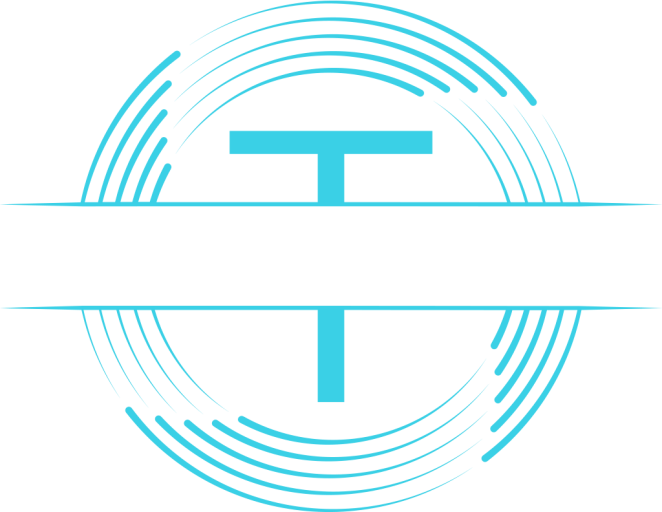
Across the country — and especially here in Florida — government agencies are constantly updating their fleets, facilities, and public works equipment. From city utility trucks to surplus vehicles and construction machinery, these items often have plenty of life left in them. But where do they go when a municipality decides to upgrade or downsize? That’s where government auctions step in — bridging the gap between city surplus and private sector demand. These auctions don’t just move assets; they play a vital role in keeping the equipment market dynamic, accessible, and sustainable.
How Government Surplus Becomes Private Opportunity
Every year, public agencies — including cities, counties, and state departments — rotate out vehicles, heavy machinery, and tools that have served their purpose. These might include dump trucks, backhoes, service vans, police vehicles, or even landscaping equipment. Rather than storing or scrapping them, agencies partner with professional auction companies to sell these items transparently and efficiently. This creates a win-win situation: the agency recovers funds for new investments, while small businesses and independent contractors get affordable access to high-quality equipment.
At auctions, bidders can find everything from gently used pickup trucks to specialty items like generators, mowers, and skid steers — all maintained to government service standards and often with detailed maintenance records.
Why Government Auctions Matter in Today’s Market
In recent years, demand for reliable used equipment has surged. High prices, supply chain delays, and new equipment shortages have made government auctions an attractive alternative for buyers who need dependable machinery fast.
Buyers at these auctions benefit from:
- Transparency – Public agencies are required to follow open sale procedures.
- Fair Pricing – Auctions let the market set the value through competitive bidding.
- Trust and Traceability – Many government items come with full service histories and lower overall usage.
For contractors, municipalities, or local business owners in Florida, this combination of quality and value makes government surplus sales one of the most dependable channels for acquiring used assets.
Florida’s Role in the Auction Economy
Florida’s rapid growth and infrastructure expansion mean local governments are constantly evolving — upgrading road maintenance fleets, refreshing emergency response vehicles, and investing in new public works equipment.
That creates a steady flow of well-maintained surplus entering the market. In cities like Jacksonville, Tampa, and Orlando, government auctions have become a reliable source of quality equipment for private buyers. It’s a cycle that supports economic growth across the state: as agencies modernize, small businesses gain access to the tools they need to compete and grow.
A Sustainable Approach to Asset Management
Beyond economics, government auctions also promote sustainability. Selling surplus assets keeps machines in operation longer and reduces waste. Instead of sitting idle or being scrapped, vehicles and equipment find new purpose in the private sector — from construction sites to local farms and small businesses. That circular economy approach benefits everyone: agencies recoup funds, buyers save money, and communities benefit from more efficient use of public resources.
--------------------------------------
The next time you see a piece of heavy equipment or a service truck for sale at auction, there’s a good chance it once served your local community. Government auctions are more than transactions — they’re part of a larger system that fuels growth, sustainability, and opportunity across Florida and beyond. From city surplus to private enterprise, these auctions prove that one organization’s retired asset can become another’s foundation for success.




